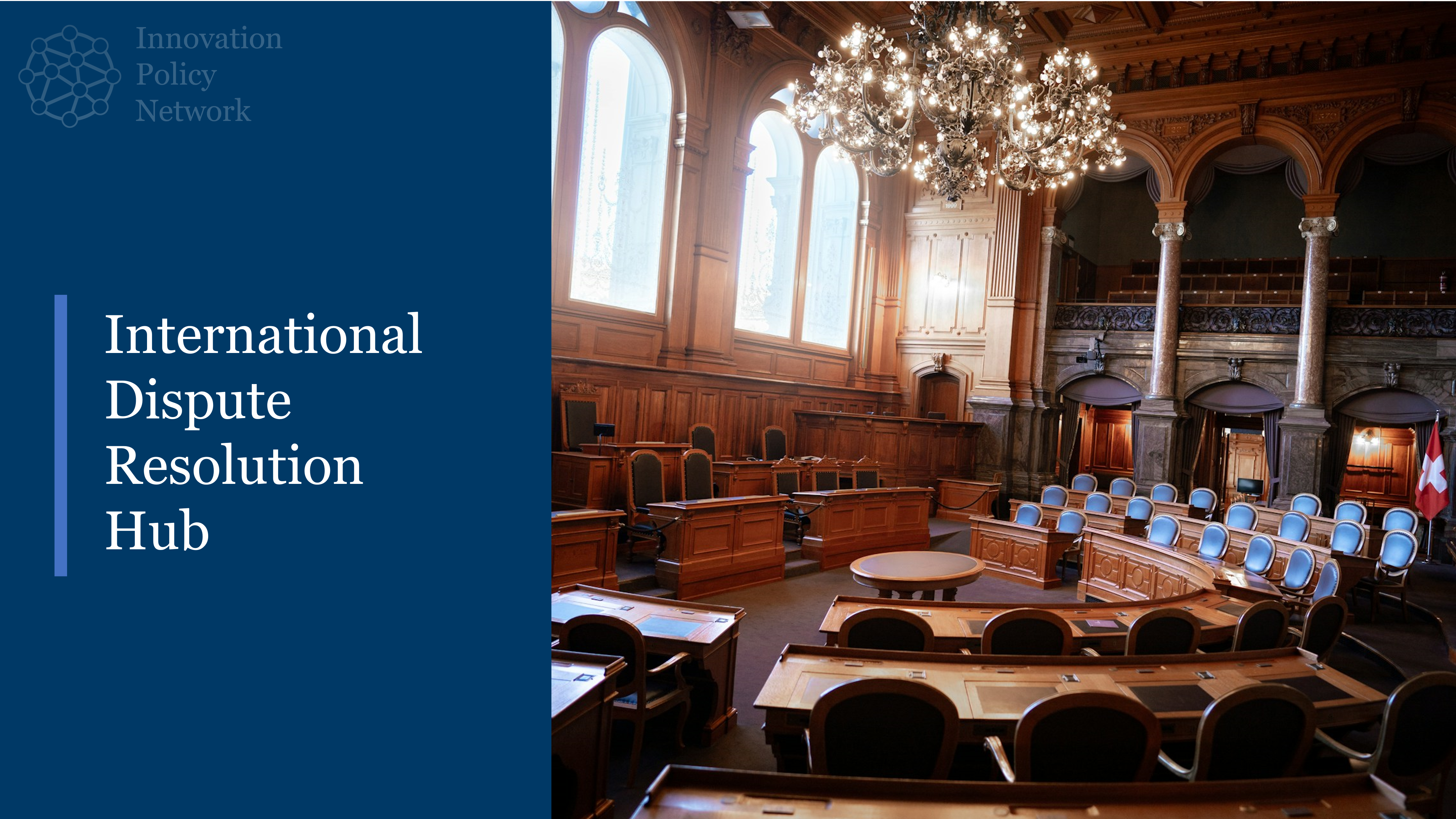The International Dispute Resolution Hub is a specialized research platform dedicated to exploring and advancing the mechanisms for resolving disputes in the global arena. As the world becomes increasingly interconnected, the complexity and frequency of cross-border disputes continue to rise, requiring innovative and effective solutions that respect diverse legal systems and cultural contexts.
This hub serves as a center for scholarly research, policy analysis, and practical insights into the various methods of international dispute resolution. It aims to deepen understanding and inspire the development of robust frameworks that can address conflicts ranging from commercial disagreements to state-level disputes.
The hub engages with a wide range of stakeholders, including legal practitioners, policymakers, international organizations, and academic institutions, to foster collaboration and exchange of ideas. Through its interdisciplinary approach, the International Dispute Resolution Hub seeks to contribute significantly to the evolution of dispute resolution mechanisms that are fair, efficient, and reflective of the global community’s needs.

Areas of Analysis
Arbitration and Mediation: This area focuses on the study and development of arbitration and mediation as alternative dispute resolution methods. It includes exploring best practices, efficiency, enforceability of awards, and cultural considerations in international contexts.
International Commercial Disputes: Research in this area examines disputes arising from cross-border commercial transactions. It includes analysis of applicable laws, jurisdictional issues, and the role of international treaties and conventions in resolving these disputes.
Investor-State Dispute Settlement (ISDS): This area investigates the mechanisms for resolving disputes between foreign investors and states. It covers the legal frameworks, case studies, criticisms, and potential reforms of ISDS systems.
Public International Law Disputes: Focuses on disputes between states, including issues related to sovereignty, territorial boundaries, treaty violations, and the role of international courts like the International Court of Justice (ICJ).
Human Rights Disputes: This area explores the resolution of disputes involving human rights violations at an international level. It covers the role of international human rights courts and tribunals, as well as the enforcement of international human rights norms.
Trade Disputes and WTO: Investigates the resolution of trade disputes, particularly within the framework of the World Trade Organization (WTO). This includes analyzing dispute settlement procedures, case studies, and the impact of trade conflicts on global commerce.
Maritime and Aviation Disputes: Focuses on the resolution of disputes related to international maritime and aviation law, including issues like shipping contracts, environmental regulations, and airspace violations.
Intellectual Property Disputes: Examines the resolution of cross-border intellectual property disputes, including issues related to patents, trademarks, copyrights, and the enforcement of IP rights in different jurisdictions.
Environmental and Climate Change Disputes: This area studies the emerging field of environmental and climate change-related disputes, particularly those involving cross-border environmental harm, climate agreements, and the role of international courts in addressing these issues.
Digital and Cyber Disputes: Focuses on the resolution of disputes arising from digital activities, including cyber-attacks, data breaches, and the enforcement of digital contracts across borders. This area also explores the role of international law in governing cyberspace.
Hub Coordinators

Anniek van Elzelingen
Hub Coordinator
